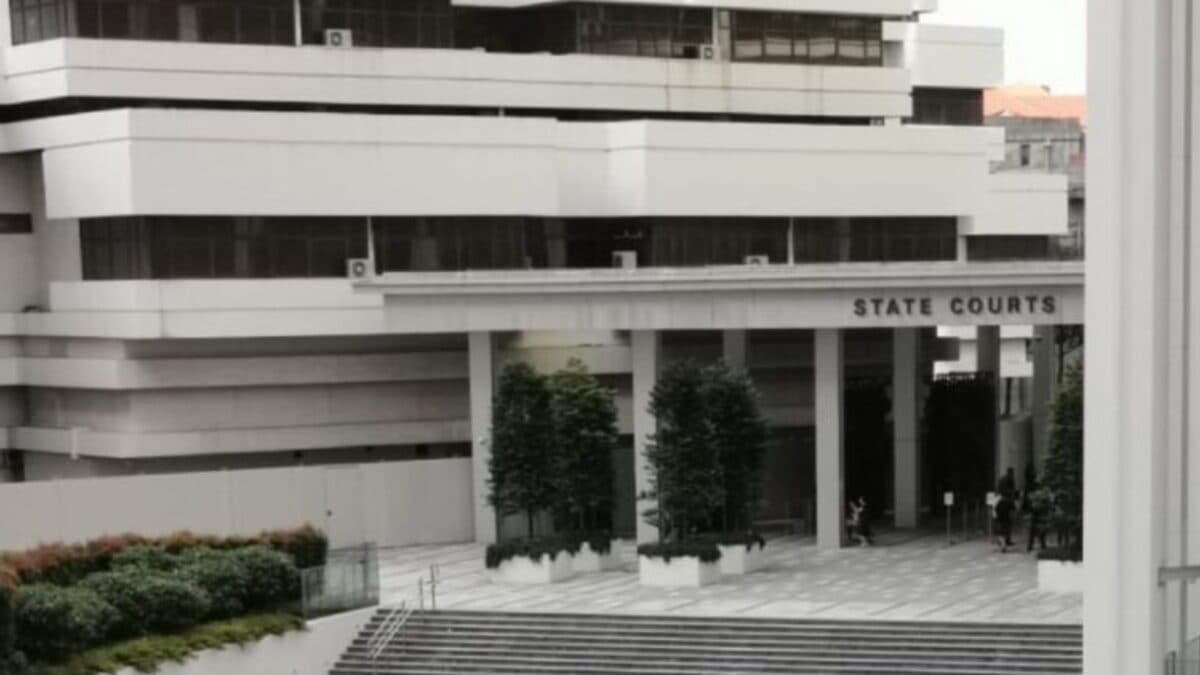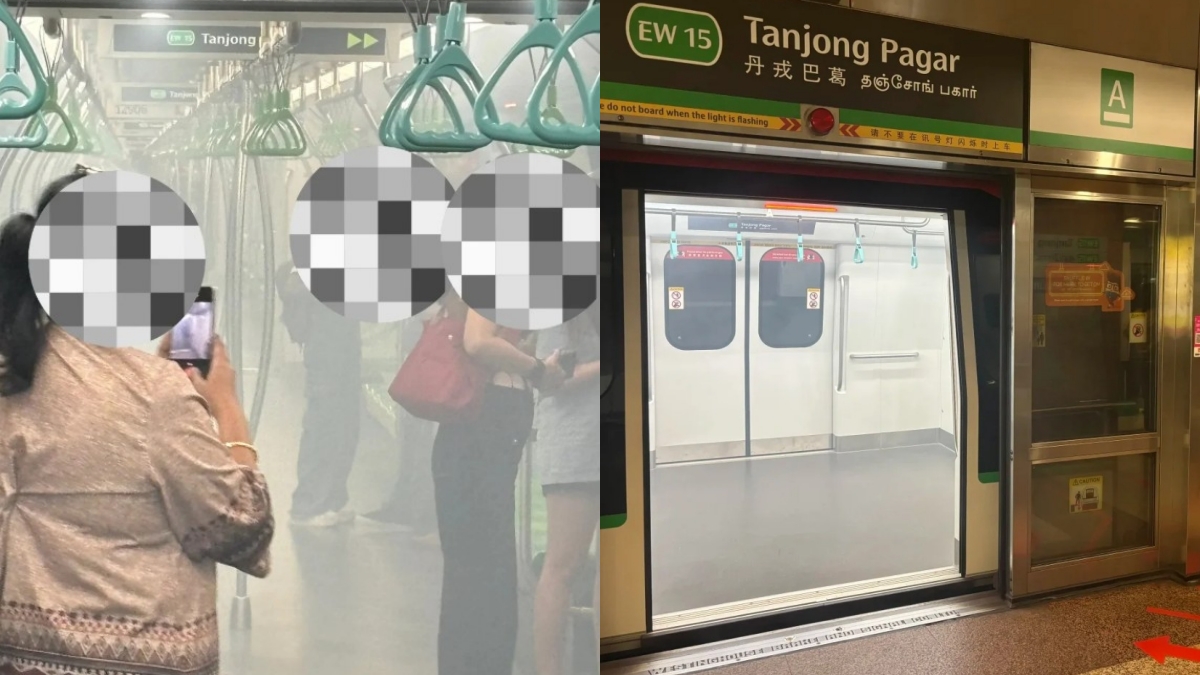SMRT employees jailed for S$4 million tender fraud using front company
Four men, including three SMRT Trains staff, have been jailed for cheating SMRT of over S$4 million by using a front company to secure maintenance-related contracts. The scheme exploited insider access and was described by the court as a grave breach of trust.

- Three SMRT Trains employees and one external accomplice convicted of cheating SMRT of over S$4 million via a shell company.
- Contracts were awarded through insider knowledge and manipulation of procurement processes from 2007 to 2012.
- Jail terms ranged from 26 months to nearly five years, with three of the men planning to appeal.
Four men, including three former SMRT Trains employees, have been sentenced to jail for cheating their employer of more than S$4 million (US$3 million) through a scheme involving a shell company used to win tenders and quotations between 2007 and 2012.
The most senior of the group, 68-year-old Jamalludin Jumari, was the section manager at SMRT's Permanent Way Branch, responsible for maintaining railway tracks. He and his former subordinate, 67-year-old assistant engineer Zakaria Mohamed Shariff, orchestrated the fraud by setting up a company in the name of a childhood friend, Akbar Ali Tambishahib, to conceal their involvement.
Both Jamalludin and Zakaria were sentenced to four years and nine months' imprisonment on 12 November 2025. The court described their actions as a "grave breach of trust".
A third SMRT employee, 60-year-old Zulkifli Marwi, who was a line manager reporting to Jamalludin, was roped in to support the fraudulent operations and ensure successful bids. He was sentenced to 26 months’ jail, as was Akbar, the non-SMRT accomplice who fronted the company.
According to CNA’s report by Lydia Lam, the court heard that the primary company used was Enovation Industries, later followed by Enovation Technologies. The companies were used to submit 28 bids to SMRT over 4.5 years, winning 26 quotations and two tenders.
One key tender was for 12,000 Kempas timber sleepers valued at S$3.7 million, awarded in 2011. Enovation submitted the lowest compliant bid but later failed to meet quality specifications. SMRT terminated the contract after discovering the shortcomings and the conflict of interest.
The prosecution revealed that Zulkifli had approved quality control checks on the very items being sourced from the shell company. He had also endorsed many of Enovation’s bids, playing a critical role in ensuring they were approved internally.
The fraudulent arrangement allowed the men to exploit insider information and manipulate procurement decisions, while Akbar, who had no experience in trackwork, served merely as a director in name.
Judge Eddy Tham noted that Jamalludin, who started the scheme, stood to benefit the most and held the highest position. Zakaria and Jamalludin made decisions that bypassed SMRT’s internal safeguards. Zulkifli, while not an initiator, aided the operation through his access and endorsements.
The court found the scheme significantly undermined SMRT’s procurement integrity. “The offences involved the circumvention of internal guidelines of SMRT, a major provider of rail services to the public,” Judge Tham said, adding that the case involved potential reputational harm to SMRT and disruption risks to a vital public service.
He emphasised that although SMRT is a private company, its role in delivering essential transport infrastructure meant that high standards of accountability must be upheld, particularly in procurement.
The judge rejected arguments from the defence that the bidding process was immune to manipulation. Although Enovation's bids were the lowest compliant ones, Jamalludin and Zakaria’s involvement in the approval chain compromised the fairness of the process.
Zulkifli, who arrived in court in a wheelchair, sought judicial mercy due to his health condition following a stroke. However, Judge Tham found no grounds for leniency, stating that imprisonment would not endanger his life.
While all four men were convicted after a prolonged trial, only Zulkifli did not indicate plans to appeal the verdict.
Jamalludin had previously absconded in 2013 but was eventually returned from Malaysia to face charges.
The prosecution sought five to six years' imprisonment for Jamalludin and Zakaria, and two-and-a-half to three years for Akbar and Zulkifli. Legal representation was provided for all accused, with defence counsel presenting arguments on culpability and personal circumstances.
Under Singapore law, the penalties for abetment of cheating include up to 10 years' jail and a fine.











0 Comments